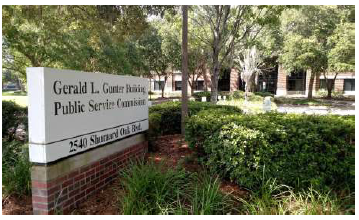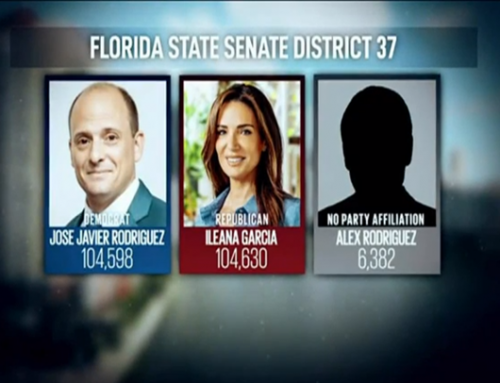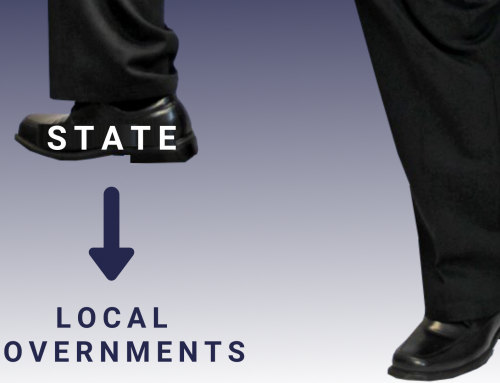Download the full PDF report here
October 2017
Executive Summary
For most of its 130-year history, the agency now known as the Florida Public Service
Commission was a three-person body, elected in statewide elections. In 1978, with the intent of taking politics out of the Commission’s utility rate decisions, the legislature made the PSC a five-member appointed commission.
Since that change was made nearly 40 years ago, the Governor and the Florida Legislature have exercised considerable influence on the PSC through the nomination and appointment process.
The utilities regulated by the PSC have a high degree of influence on the Governor and the legislature through political contributions and lobbying and have used that influence to pursue favorable regulatory decisions by the PSC, at the expense of the public. The result is an agency that has been “captured” by the industries it regulates – which often leads to decisions that are not in the best economic interest of Florida’s families and businesses.
Key Findings
• The Florida Public Service Commission meets the criteria for a “captured”
regulatory agency. Investor-owned utilities make significant campaign contributions in
Florida legislative races and have a formidable lobbying presence. The legislature has a
great deal of influence on the PSC through its power of nomination and confirmation of
commissioners as well as their oversight role for the Office of the Public Counsel.
• The Public Service Commission needs more independence from the Florida
Legislature. The process for selection of PSC commissioners should be insulated from
politics and lobbying.
• Residential energy customers need more balanced prioritization. Groups
representing the interests of residential energy customers in rate proceedings are often
outweighed by larger interests such as industrial users, retailers and hospitals.
• Utilities are gaming the settlement process. Utilities and those objecting to their
requests routinely work out differences behind closed doors in settlement agreements.
Utilities appear to approach the process of negotiation much like a used car dealer who
marks up the initial asking price knowing that they will eventually agree to a lower
amount.
• The PSC is allowing utilities to shift risk from shareholders to customers. Investor owned utilities commonly pass risk and costs associated with the construction of
speculative new reactors, natural gas fracking operations and other costs on to customers.
• The Office of the Public Counsel needs more independence, just as the PSC, and
should likewise be insulated from political considerations.
Policy Options to Consider
• Return the Public Service Commission to an elected body or a mix of elected and
appointed members. This would give the public a voice in selecting commission
members and make the commission more accountable to the public.
• If all or part of the Commission is elected, consider prohibiting candidates for the
commission from accepting campaign contributions from interests whose businesses
are regulated by the PSC. Mississippi, Alabama and Georgia currently prohibit those
contributions.
• Broaden membership on the Public Service Commission Nominating Counsel to
include, at minimum, consumer groups. A model is Ohio, which has a broad-based
nominating counsel that includes representatives of consumer groups and organized
labor, in addition to the state bar, state accountancy board and other professional
organizations.
• Require that the Office of Public Counsel must agree to any PSC settlements for
cases in which it participates.
• If the commission is to remain an appointed body, require that it be nonpartisan by
allowing no more than three of the commissioners to be a member of the same
political party.
• Make residential and small business customers the focus of the Office of Public
Counsel.
• Provide more funding for Office of Public Counsel. Consider a dedicated source of
funding for the office to further insulate the OPC from legislative control.
• Explore making the Office of Public Counsel an independent entity like the Florida
Commission on Ethics.






